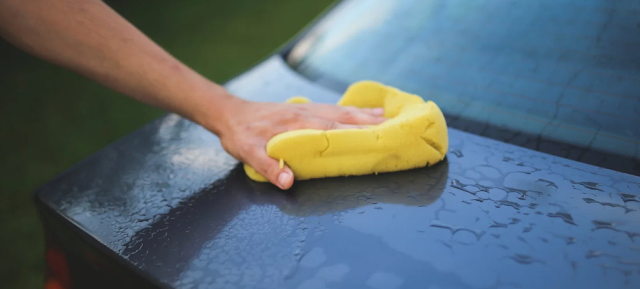The Importance of Pursuing Patents, even when money is tight
Household staples are often overlooked as materials which can be improved upon. Consumers typically use their dish racks, knife blocks, mops, and dish rags without further consideration. However, Aaron Krause, founder of Scrub Daddy, created a multi-million dollar company by hand-washing his dishes and adding a smile to the sponge.
Scrub Daddy has burgeoned into a wildly successful company, which may be in large part to Krause’s patent pursuits. His first patent pursuit included a design patent (USD671515S1) filed in 2007, five years before he appeared on Shark Tank. The benefits of the design patent include its lower cost compared to a utility patent but potentially shorter shelf-life (15 years). In hindsight, this was a brilliant way for Krause to affordably protect the Scrub Daddy while suiting potential investors. Krause received a $200,000 offer on Shark Tank, which is a great rate of return when compared to the cost of a design patent. The filing fee for Krause was likely $330 (not including attorney fees and drawing fees, due to his micro-entity status).
Since 2007, Krause has staggered his patent filings, affording him extended patent protection while minimizing his patent costs. In total, Krause has filed two utility patents (U.S. 2014/0075699 which was a continuation-in-part of U.S. 2016/0213221 (pending)), both filed in 2012, and three design patents, the most recent filed in 2016 (USD801081S1). Interestingly, U.S. 2014/0075699 was abandoned and U.S. 2016/0213221 includes only one claim, which has been rejected in the most current Office action. Nonetheless, the Scrub Daddy and its affiliated products are potentially covered until 2031.
Regardless of Scrub Daddy’s utility patent issues, which may have been avoided had focus been shifted to a size of the eyes and smile, along with the ridges or “hair” of the sponge, Krause has otherwise played a beautiful patent game and is a great example for other new entrepreneurs. With money likely being tight and with a focus on expanding your business as quickly as possible, design patents can be a cost-effective way to protect your product while legitimizing your company to potential investors.




